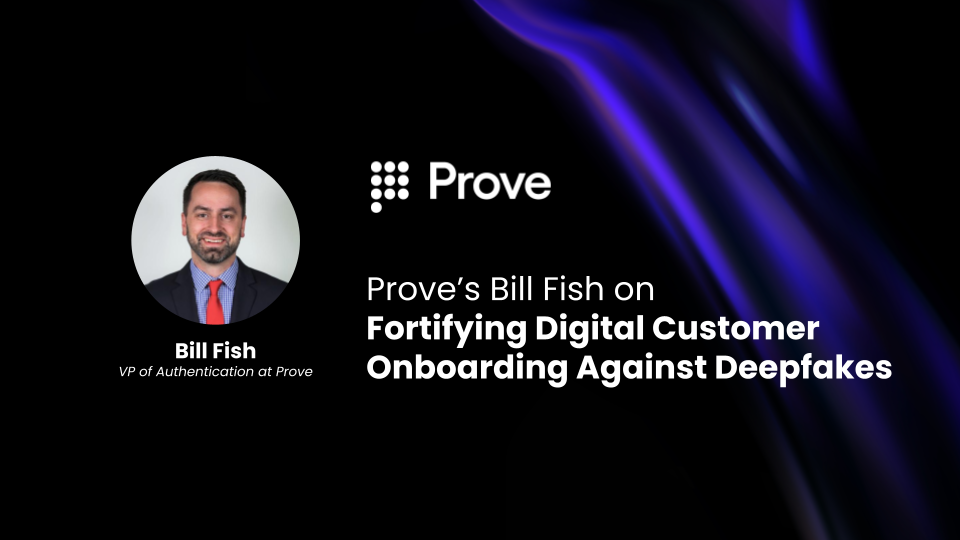COVID-19 Vaccine Opportunity: Blockchain Will Transform the Supply Chains in Health and Pharma


Every time somebody mentions bitcoin, It’s impossible not to think about blockchain. Though the two are interconnected, blockchain's significance is limited to a few popular use cases, and many often forget the numerous other industries and applications that blockchain increasingly pervades. While the current surge in bitcoin's value only reinvigorates this association, a novel and more crucial application of blockchain has also emerged—the COVID-19 vaccine.
Enabling Transparency in the Healthcare Industry
The pharmaceutical and healthcare industries have already experienced radical digitization. The past decade witnessed a ninefold increase in the number of hospitals that adopted an Electronic Health Record (EHR) system, according to healthIT.gov. With the industry turning to more digital options, blockchain can serve as an accessory as well as an indispensable source of solutions to overcome inefficiencies in healthcare. As digital natives, we can foresee some applications.
Take, for example, the healthcare industry’s eleven-billion-dollar challenge, i.e., miscommunication, according to a Ponemon Institute survey. Patient and health data is often dispersed across various facilities and databases, and inconsistencies in technological adoption can result in broken links, a slow movement of information, and, consequently, higher costs. As a distributed ledger system, blockchain not only enhances the ease of communication but also ensures secure storage and swift data transmission. Innovative HealthTech companies such as Factom, Guardtime, and Doxper use blockchain technology to stimulate healthcare digitization and transparency.
Pharma Supply Chain and Current Inefficiencies
Blockchain can also address another aspect of the healthcare and pharmaceutical industries which is more relevant today than ever before—the drug supply chain. Often overlooked due to its low popularity compared to bitcoin, blockchain presents an immense opportunity for supply chains and trade finance. With a wide-angle lens, the pharmaceutical supply network is quite intuitive. Manufacturers such as Pfizer and Johnson & Johnson are responsible for the R&D and production of drugs, and payments are made by insurance companies such as Aetna, Anthem, and Cigna. Middlemen (pharmacy benefits managers) negotiate trade prices, and wholesalers such as McKesson and Cardinal Health subsequently purchase these drugs in large quantities and distribute them either to hospitals or CVS, Walmart, or Walgreens, where patients finally receive the drug.
In an industry where authenticity and trust are the foremost factors impacting trade, tracing this seemingly simple supply chain proves to be far more difficult in practice. When ensuring a proper chain of custody, stakeholders must determine whether a supplier is legitimate or if the drug has been tampered with. However, without an organized and transparent system, this essential step in the supply chain is delayed. According to the Harvard Business Review (HBR), the medical supply chain is festered with fraud and systemic inefficiencies, and “products can travel through tangled global supply chains in which documentation is often manual and paper-based, piling up at each handoff and border crossing.” Thus, quality control and theft remain the two most challenging obstacles in the supply chain.
Opportunities for Blockchain in the Pharma Supply Chain
The industry can certainly address these roadblocks by adopting an increasingly trusted and transparent blockchain technology. The decentralized ledger for a drug’s transportation would serve as a secure and accessible tool by authenticating the drug supplier and marking every subsequent data point along the supply chain. Not only would the chain of custody become more efficient, but as with all immutable blockchains, any inconsistencies or signs of theft would also immediately set off alarms.

A recent NCBI study noted that illegal operators generate $75 billion in revenue annually from counterfeit drugs, costing the pharma industry a staggering $18 billion in revenue loss. In an industry already notorious for rampant inflation of drug prices, minimizing such frauds with blockchain can allow pharma businesses to increase efficiency and lower prices.
In terms of blockchain adoption, there is no shortage of technology or innovation that can be used by all stakeholders in the supply chain; companies such as Chronicled, whose technology enables seamless chargeback and product verification with blockchain, are already working with major players such as McKesson and Pfizer to propel the industry forward. However, blockchain is inherently a collaborative system. Therefore, the adoption of blockchain by individual companies will not nearly have the same effect compared with when the technology becomes a ubiquitous tool for the entire industry. Any change requires time in the medical industry. While blockchain’s cryptographic system can be readily trusted, medical research communities might hesitate to accept the widespread adoption of a technology that was established just a decade ago.
COVID-19 and Healthcare Shortfalls
In the context of COVID-19, implementing blockchain technology for the healthcare supply chain also entails a joint effort from all players in the medical industry. The year 2020 tested, in many ways, the integrity of the industry’s supply chain. Many countries could not effectively combat the pandemic, and it certainly exposed inadequacies and weak links in the system, both upstream and downstream. At the onset of the outbreak, mass shortages of ventilators and PPE especially surprised many Americans who had likely assumed that a developed country like the US would never lack such essential resources. However, these shortages were not the result of deficiencies in financing or technology, both of which the US has in abundance. They were rather induced by the opaque and lengthy processes in the medical supply chain, which hindered the logistics that could allow for streamlined resource allocation and distribution.
Timothy Mackey, who was featured in a Forbes article on the adoption of blockchain amid the pandemic, explains that implementing blockchain would not only simplify medical supply chain management but also allow international health officials to more easily identify specific ‘’choke points” within the supply network. In hindsight, increased traceability and security would have enabled frontline workers and health officials to track shortages and the location, amount, quality, and other essential data about equipment supply, which was simply inaccessible throughout the most crucial days of the crisis.
Blockchain Solutions for Vaccine Distribution and Trade Finance
As vaccines launch globally in 2021, the industry seeks blockchain-based solutions for effective distribution. IBM, a tech giant that has already established a reliable blockchain service, aims to enhance visibility for distributors, stressing that “a vaccine cannot be as effective if it is not effectively distributed and trusted by the public.” In powering the vaccine supply chain, it highlights end-to-end traceability, reduced risk, and safety and efficacy assurance as the key benefits of its blockchain. For instance, quality assurance with blockchain might involve tracking a vaccine shipment through ledger-based documentation of the temperatures to which the vaccines have been exposed and all the hands that have touched the cargo, further enabling transparency.

Moreover, especially in the context of vaccine distribution, the industry’s trade finance system shines a spotlight on an even more complex process that also opens up great opportunities for blockchain. In years past, financial allocation and transactions in the healthcare system have been plagued with inefficiencies involving paperwork and verifications that used outmoded processes. To address these challenges, emerging companies such as Tallyx provide the blockchain-based backbone of a decentralized global trade platform that enables smooth transactions and ensures stakeholders’ accountability in effectively allocating resources. Aditya Menon, CEO, Tallyx, explains the need for this more streamlined and fairer process. “There is $5 trillion of trapped liquidity in supply chains today which can be used to benefit small and medium enterprises that are enabled through blockchain tokens supporting global trade.” Similarly, as governments subsidize vaccine manufacturing in the upstream supply chain, blockchain allows large manufacturers such as Pfizer and Moderna to manage their downstream supply chain and trade finance operations more efficiently, along with appropriate verification and allocation of the total value involved.
This value must be measured not only in dollars but, more importantly, in human lives. The cost of delay or unlawful activities in the manufacturing and distribution of COVID-19 vaccines is enormous, and in pandemic proportions, it's deadly. Just as the financial services industry was forced to embrace digital transformation in 2020, the vaccine supply chain in the health and pharma industry will witness a similar urgency for adopting blockchain in 2021.
To learn about Prove’s identity solutions and how to accelerate revenue while mitigating fraud, schedule a demo today.

Keep reading

Prove’s solutions can help businesses make their online customer experiences faster, easier and more secure.

While the rise of deepfake technology is not totally new, its level of sophistication presents new challenges for businesses seeking to deliver frictionless digital onboarding experiences to their customers.

Prove and BetMGM, the sports betting and iGaming leader, have entered into a partnership which will elevate the security standards and user experience for BetMGM customers through the Prove Pre-Fill® identity solution.












